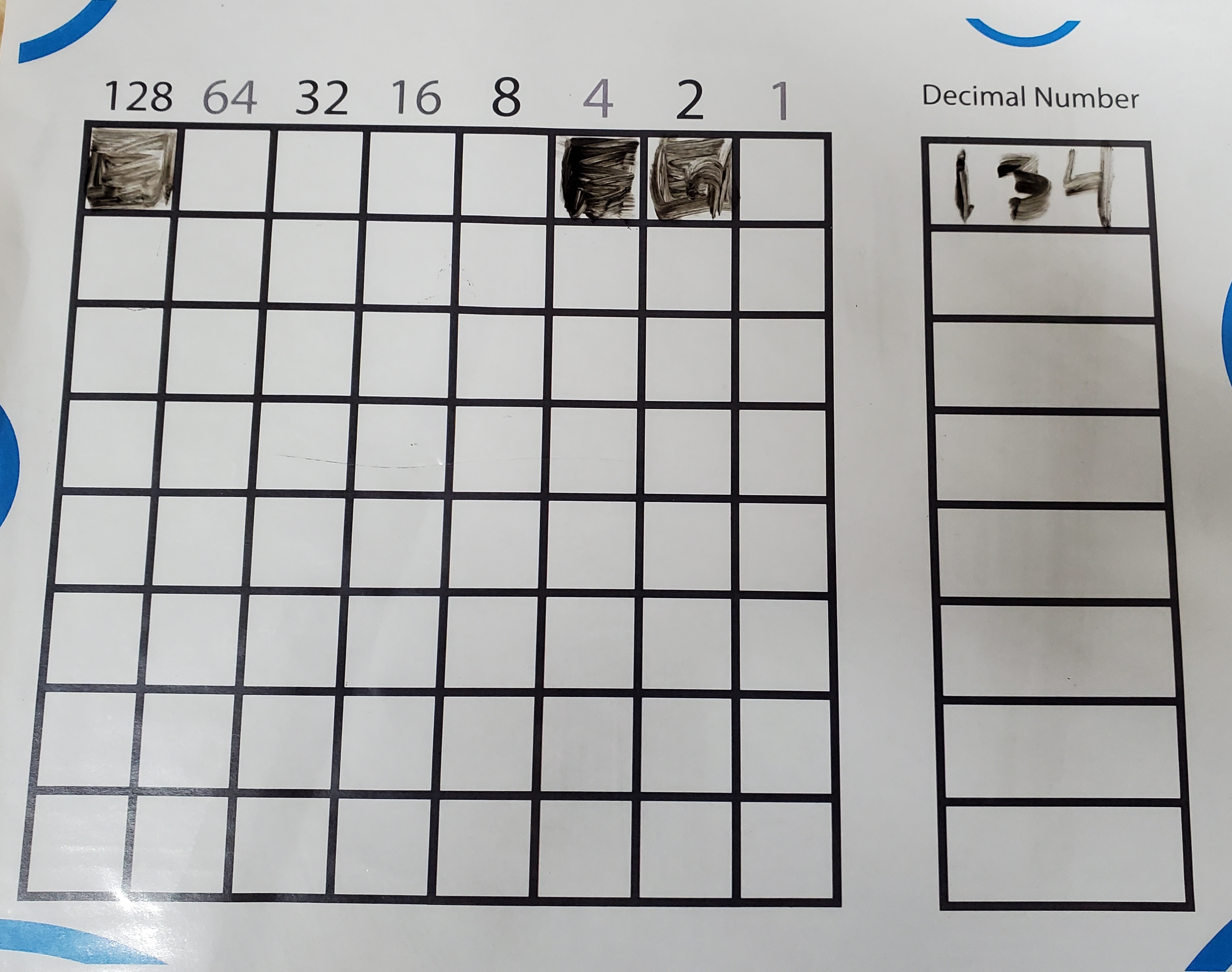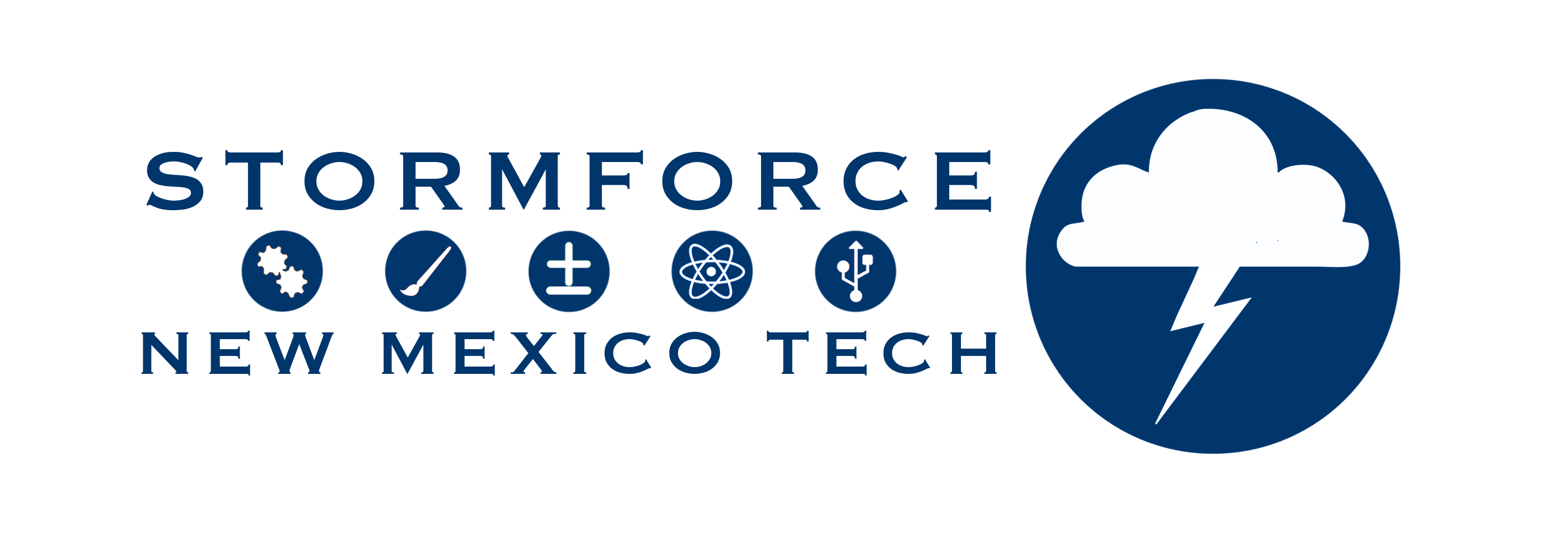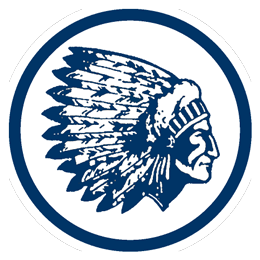Binary Art
Learning About Binary with a Binary Art Activity
Vocabulary
Binary Number: A number represented using only two digits, 0 and 1. Bit: The smallest unit of information that a computer can process.
Decimal Number: A number represented using ten digits, 0-9.
Bit: The smallest unit of information that a computer can process. One binary digit
Materials
Sheet protectors
Expo markers
Binary Art Worksheet
Setup
Provide students with a binary art worksheet inside a sheet protector and an expo marker.
Learn
Binary numbers are a way of representing information in computing. Each digit in a binary number is called a bit and can either be 0 or 1. A single bit can only represent two different values, but when multiple bits are combined they can represent a much wider range of values. In this activity, students will be converting bits into decimal numbers, and then use those decimal numbers to recreate an image.
Play
Students will color in boxes on the sheet protector to represent binary numbers. If a student colors in a row like this
the decimal number they would write down would be 134 (128 + 4 + 2) . When they are done drawing and have converted all the rows into their decimal numbers, they erase the colored-in squares, leaving the decimal numbers intact. They then trade papers with someone else, and using the decimal numbers, convert each row back into its shaded and unshaded boxes, reviving the original art.
Standards Used for Lesson Development: CSTA K-12 Computer Science Standards 1B-CS-01, 1B-CS-02.


